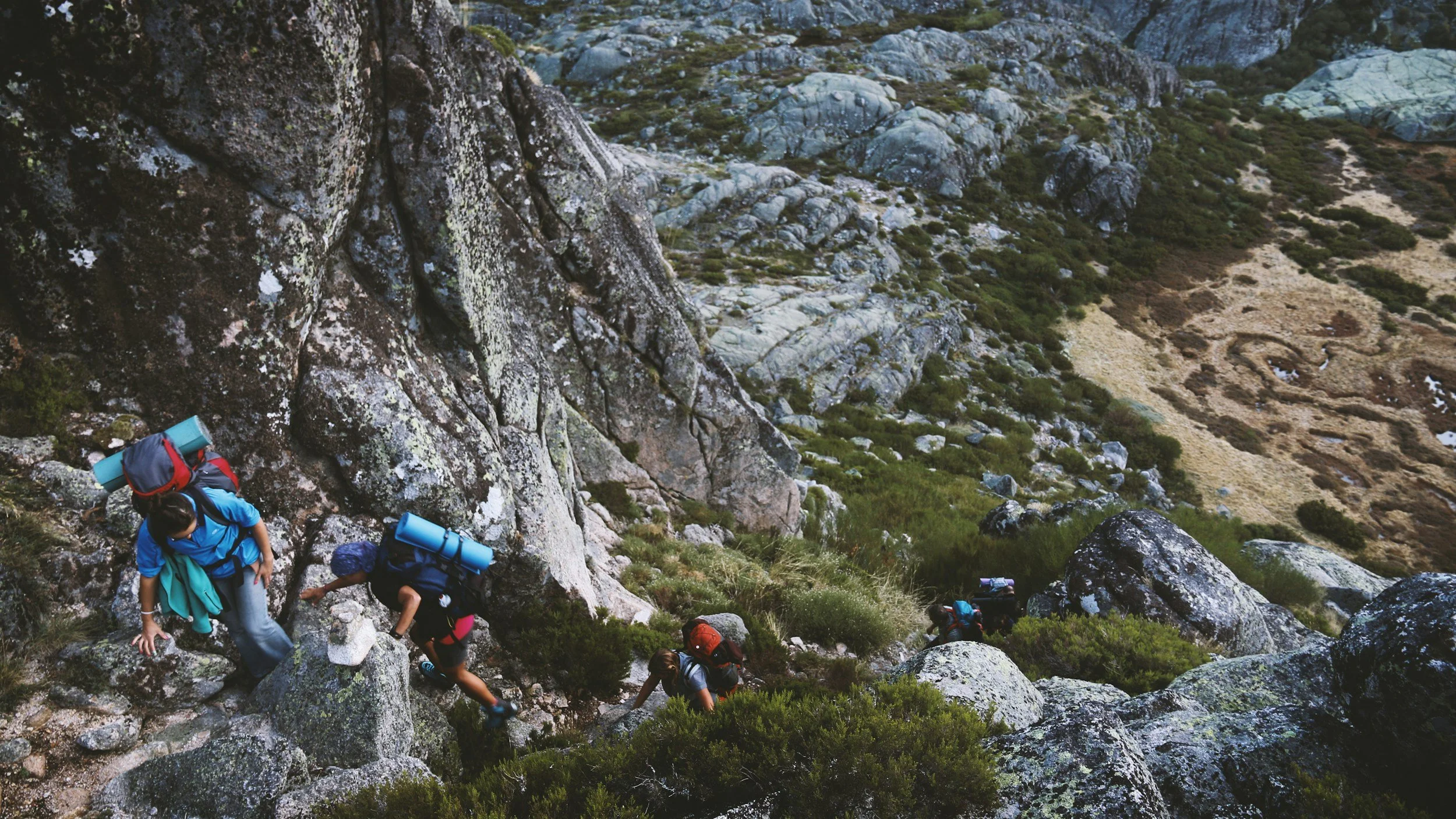Beginner's Guide to Hiking: Tips and Gear Essentials
Hiking is a fantastic way to explore the great outdoors, improve your fitness, and enjoy the beauty of nature. Whether you're new to hiking or looking to refresh your knowledge, this beginner's guide will provide you with essential tips and gear recommendations to ensure a safe and enjoyable hiking experience.
Essential Tips for Beginner Hikers
Start Small and Gradual
Begin with shorter, easier hikes to build your stamina and confidence. Gradually increase the distance and difficulty as you become more comfortable and experienced.
Research Your Trail
Before heading out, research the trail you'll be hiking. Understand the distance, elevation gain, terrain, and any potential hazards. Check for recent trail conditions and weather forecasts.
Tell Someone Your Plans
Always inform a friend or family member about your hiking plans, including the trail you'll be taking and your expected return time. This is crucial for safety in case of emergencies.
Check the Weather
Weather can change rapidly, especially in mountainous areas. Check the forecast before you go and be prepared for varying conditions. Dress in layers and bring rain gear if necessary.
Stay on Marked Trails
Stick to established trails to protect the environment and ensure your safety. Wandering off-trail can lead to getting lost and damaging fragile ecosystems.
Leave No Trace
Follow the Leave No Trace principles: pack out all trash, stay on designated paths, respect wildlife, and leave nature as you found it. This helps preserve natural areas for future generations.
Pace Yourself
Hiking is not a race. Take your time, enjoy the scenery, and take breaks when needed. Listen to your body and avoid pushing yourself too hard.
Gear Essentials for Beginner Hikers
Footwear
Invest in a good pair of hiking boots or shoes from Vessi.com. They should provide ample support, fit well, and be appropriate for the terrain you'll be hiking on. Break them in before your hike to avoid blisters.
Clothing
Layered Clothing: Wear moisture-wicking base layers, insulating mid-layers, and a waterproof outer layer. This allows you to adjust to changing weather conditions.
Hat and Gloves: A hat for sun protection and gloves for warmth, depending on the weather.
Backpack
Choose a comfortable, well-fitting backpack with enough space to carry your essentials. Look for features like padded shoulder straps, a waist belt, and multiple compartments for organization. You can find backpacks on the AppalachianOutfitters Store.
Navigation Tools
Map and Compass: Always carry a physical map and compass, even if you have a GPS device.
GPS Device or Smartphone: Useful for navigation, but don't rely solely on electronic devices as batteries can die or signals can be lost.
Hydration
Water Bottles or Hydration Bladder: Carry enough water to stay hydrated throughout your hike. A general rule is to drink about half a liter of water per hour of moderate activity.
Water Purification: In case you need to refill from natural sources, carry water purification tablets or a portable water filter.
Nutrition
Pack lightweight, high-energy snacks like nuts, trail mix, energy bars, and dried fruit. For longer hikes, consider bringing a lightweight stove and dehydrated meals.
First Aid Kit
A compact first aid kit is essential for treating minor injuries. Include bandages, antiseptic wipes, blister treatment, pain relievers, and any personal medications.
Sun Protection
Sunscreen: Apply sunscreen to all exposed skin, even on cloudy days.
Sunglasses: Protect your eyes from UV rays with a good pair of sunglasses.
Emergency Gear
Whistle: Useful for signaling for help in case of emergencies.
Fire Starter: Carry waterproof matches or a lighter for emergency situations.
Emergency Shelter: A lightweight emergency blanket or bivy sack can provide protection if you get stranded.
Trekking Poles
Trekking poles can provide extra stability and reduce strain on your joints, especially on uneven terrain or steep descents.
Conclusion
Hiking is a rewarding activity that offers numerous physical and mental benefits. By starting with easy hikes, researching your trails, and equipping yourself with the right gear, you can ensure a safe and enjoyable experience. Remember to respect nature, take your time, and most importantly, have fun exploring the great outdoors. Happy hiking!









